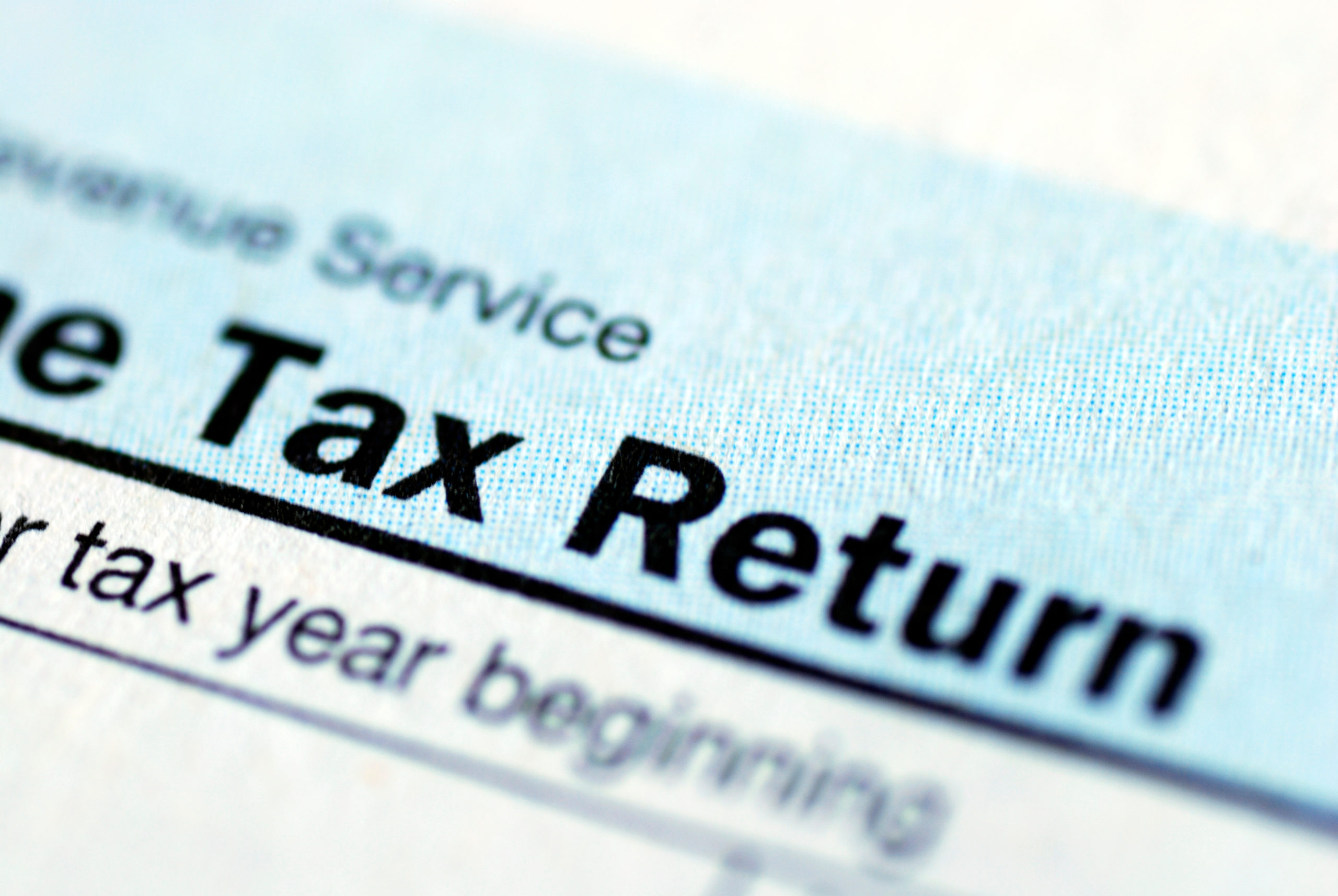
Recently, I heard on the radio that the $1,900,000,000,000 ($1.9 trillion) spending bill had just passed the Senate. It was cleverly called a COVID relief bill, but only 9 percent (about $171 billion) was earmarked to benefit people suffering from the impact of COVID-19. The rest (90 percent+) will be going to needless pork payments and bailouts. For a nation that is currently $28 trillion (per www.USDebtClock.org) in debt (in the red, upside down, in the hole, underwater, insolvent, etc.), it increases the national debt to almost $30 trillion.
Consequently, you my dear reader, owe $90,000, your spouse owes $90,000 and each of your children and grandchildren owe $90,000 (based on $30T divided by the current US population of about 330 million per www.census.gov/popclock). Unfortunately, recent generations have produced hybrid political invertebrates (no backbone) who have continued to mortgage the future of our grandchildren by spending money much faster than it is being collected. Both parties are to blame, period.
This is not an editorial on who is right and who is wrong. The last time the national debt of the USA was completely paid off was way back in 1835. For 186 years, each generation handed the next generation a lien on their future because the current generation thought it was easier to ignore the national debt than to pay it off. Political leaders have supported the philosophy of “buy now, pay later.” It is not one party’s fault or even one generation’s fault. Basically, national debt is a bad idea that has gained momentum like a snowball rolling down a large hill. It keeps getting bigger as it rolls. However, we don’t know where the bottom of the hill is! Will it roll off a cliff (like Wiley Coyote) or will it smash into a bluff at the bottom of the hill? Many doubt if we, as a nation, can recover.
Consequently, taxes are going up. President Biden has confirmed the same. (However, I have my doubts if the additional tax will be used to reduce the national debt. Once in the government coffers, it may be diverted to correct perceived evils of society or other worthy causes.)
I have read several articles, which have predicted various tax increases because one party now effectively controls the House of Representatives, the Senate and the Presidency. Although all tax legislation must start in the House, for decades, presidents have presented tax proposals to the House, which have been received favorably.
Below, I have listed tax increases that most certainly have been mentioned by President Biden, either before or after his election, which may find their way into a tax bill proposed by the House.
Regarding payroll taxes, Biden has proposed increasing the FICA (Social Security, SS) income limit from $142,800 to $400,000. Currently, the SS wage base for 2021 is $142,800. Once an employee hits $142,800 (in 2021) the 6.2 percent FICA tax drops off. Biden’s payroll tax proposal would keep SS tax in place for earned income up to $400,000.
President Biden has proposed increasing the top tax bracket for individuals from 37 percent to 39.6 percent. He also desires to repeal the Tax Cuts and Jobs Act (aka TCJA or Trump Tax Cuts). If successful, it would increase tax rates for individuals, make more people subject to the Alternative Minimum Tax (AMT), and eliminate the deduction for qualified business income.
Biden also favors increasing the capital gains tax rate from 20 percent to 39.6 percent, nearly doubling that tax on qualifying income in excess of $1 million. (Also remember that the net investment income surtax, NIIT, of 3.8 percent still applies, in addition to the capital gains tax. This would increase federal taxes on capital gains to 43.4 percent. Add to that state income taxes and the total taxes in some states on the sale of property or investments, held more than one year, would be more than 50 percent.) In my book, when the government gets more money than you do, something is wrong.
Regarding corporate taxes, Biden proposes raising the corporate income tax from 21 percent to 28 percent. He also ultimately desires to reverse the TCJA, which would raise the corporate income tax to 35 percent. He recommends a corporate minimum tax of 15 percent for companies with on-book income of more than $100 million. (This appears to level the playing field for companies in certain industries that claim a wide variety of tax deductions, which for many years have magically reduced their annual income tax bill to close to zero.)
The Chief Executive Officer also supports the elimination of IRC Section 1031, like-kind exchanges, at certain income levels. He also supports the limitation of Itemized Deductions to 28 percent of income. Currently, charitable contributions are limited to 60 percent of adjusted gross income (AGI). This one change would cut this potential deduction by more than half.
Finally, let’s touch on estate taxes. Most Americans don’t worry about estate taxes. Currently, a married couple could die and leave their heirs assets valued at $23 million and owe no federal estate taxes. They would also get a step-up in basis so that if they sold the assets for $23 million, they would not have a taxable capital gain and would owe no taxes. However, Biden is in favor of eliminating the step-up in basis. The $11.5 estate tax exclusion will be cut in half when the TCJA expires on 12/31/2025. And it appears that the President also favors an earlier more drastic reduction.
Aric Schreiner, CPA, PFS, is managing member of Columbia CPA Group, LLC.




